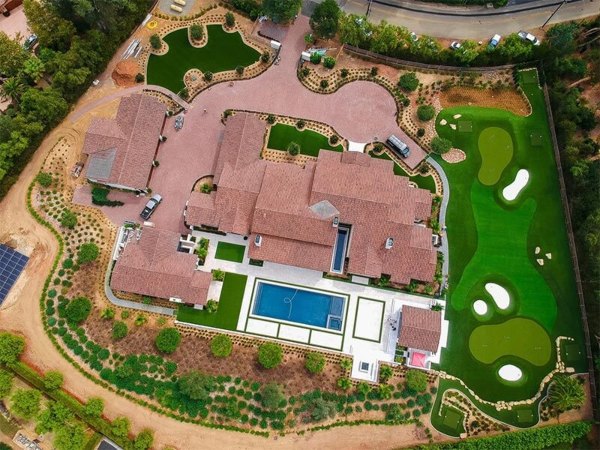Environmental Considerations of Artificial Lawns
Introduction

Artificial lawns have emerged as an increasingly popular choice among environmentally conscious homeowners. Made from synthetic materials like polyethylene or polypropylene, these lawns offer multiple benefits that are friendly to the planet. In this article, we’ll delve into an examination of the environmental advantages that artificial lawns bring, while also mentioning the areas that could see improvement.
Exceptional Water Conservation
One of the standout benefits of artificial lawns is the incredible amount of water they help to conserve. Traditional lawns often require gallons of water daily, contributing to the depletion of valuable water resources, especially in areas where water is scarce. Artificial lawns, in contrast, need little to no water, reducing the overall demand on local water supplies significantly. In some regions, the water savings could translate to hundreds of thousands of gallons per year for just a single household, a compelling reason for adoption.
Minimal Maintenance Equals Less Carbon Emissions
The maintenance regimen for natural lawns involves multiple activities that can be detrimental to the environment. These include the use of gas powered lawn mowers, fertilizers, and pesticides. Artificial lawns eliminate the need for all of those, thereby reducing the carbon footprint associated with lawn care. Given that lawn mowers alone can emit as much pollution in an hour as driving a car for over 100 miles, the emissions savings can be substantial.
Durability and Longevity for Reduced Waste
Quality artificial lawns are designed to be extremely durable and long lasting. A well maintained artificial lawn can last for more than a decade, which reduces the frequency of replacement and consequently minimizes waste. This durability can offset the environmental cost of initial production and installation, making it a long-term eco- friendly option.
Versatility and Soil Conservation
Artificial lawns can be installed in a variety of settings where natural grass might find it challenging to thrive. Whether it’s shady areas, acidic soils, or erosion prone terrains, artificial lawns can adapt, thereby helping to conserve the land. Soil erosion, a significant environmental concern, can thus be effectively managed with the use of artificial turf.
Focus on Innovation and Sustainable Practices
Many companies in the artificial lawn industry are aware of the environmental considerations and are investing in research and development to produce even more sustainable options. From recycled materials to eco-friendly infills, advancements are continually being made to reduce the negative environmental impact of artificial lawns.
Acknowledgement of Environmental Considerations
Though the focus here is on the environmental advantages of artificial lawns, it’s essential to be aware of some negative impacts. For example, the production of artificial turf can be energy intensive, but innovations are underway to reduce this impact. Additionally, some older or less expensive options might contain harmful chemicals, although an increasing number of eco-friendly alternatives are coming to market.
Conclusion
When it comes to environmental benefits, artificial lawns offer a compelling case for adoption. Their capacity for significant water savings, reduced carbon emissions, long term durability, and soil conservation make them an attractive choice for the environmentally conscious homeowner. While there are some considerations to keep in mind, the industry’s focus on innovation and sustainability suggests a promising future, with even more eco-friendly options likely to become available. Therefore, when balancing the pros and cons, the environmental advantages often make artificial lawns a sound, responsible choice.
Where to Go for Expert Advice
With over 20 years of experience, Arizona Artificial Lawns is the trusted artificial grass installer. Using the latest in technological advances, our expert team ensures a seamless process by assisting customers in selecting and installing the right system for their specific needs. Whether you are just in the process of planning or are ready to install a new lawn right away, the professionals here at Arizona Artificial Lawns want to help you create a luxurious new landscaped oasis!
If you’d like more information about the products and services we offer, contact us via our website, or give us a call us for a free design consultation at 623-505-6456.
